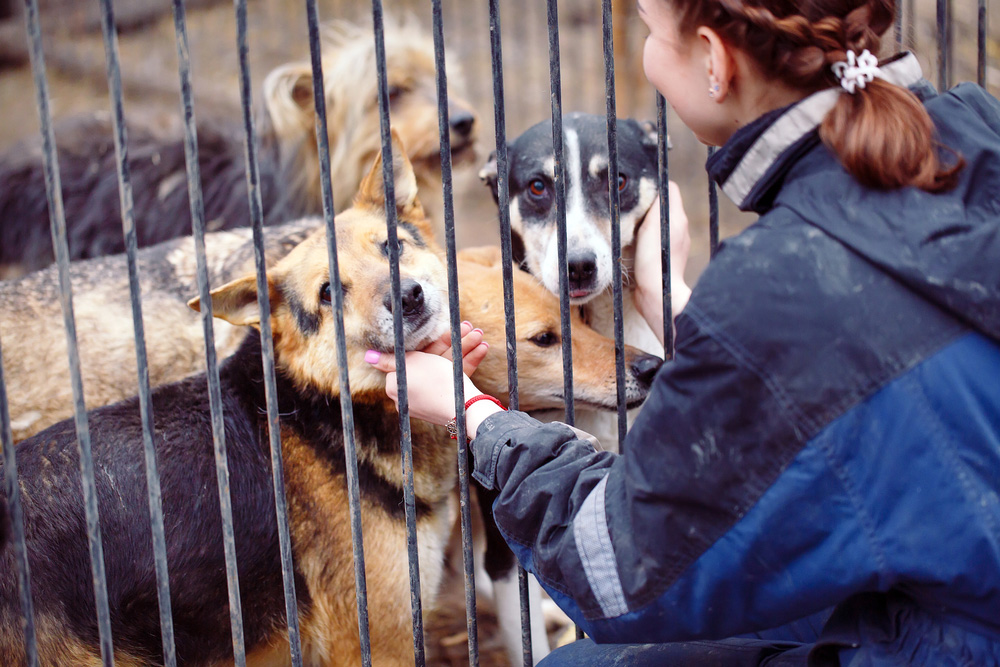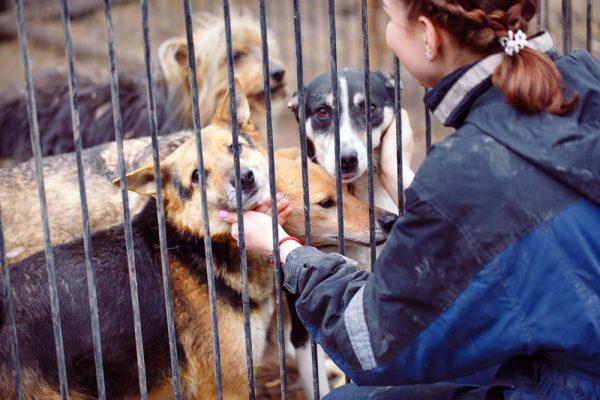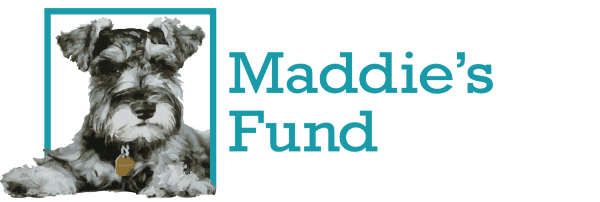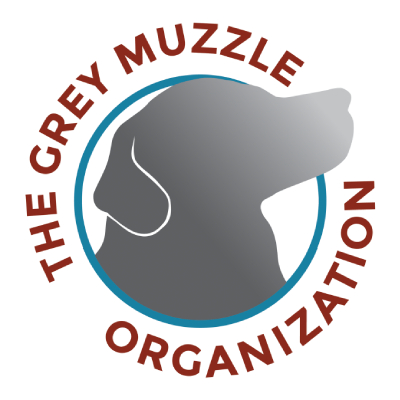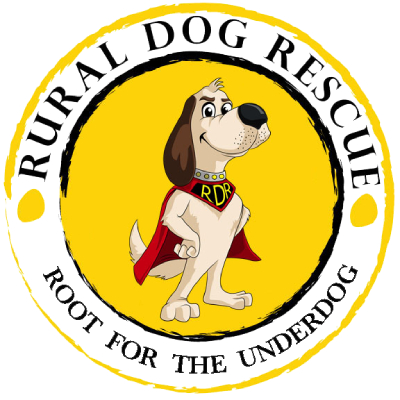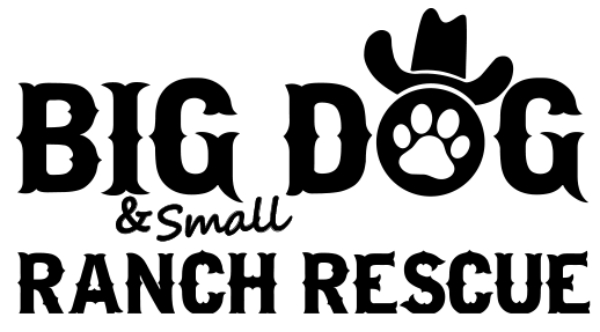As well as thousands of local animal shelters, the U.S. is home to some large networks and massive rescues.
Whether you’re looking for the best charity to donate to, somewhere to volunteer your time, are looking to relinquish your pup, or want to provide a relinquished dog with a loving, forever home, the 9 dog rescue organizations below are some of the best in the country.
The 9 Top Dog Rescue Organizations
1. Northshore Animal League America
Northshore Animal League America is a no-kill shelter. In fact, it lays claim to being the largest of its kind in the world. This nonprofit organization is another that partners with rescues across the U.S. and another that takes pets of different species, sizes, and types.
As well as rescuing, nurturing, and adopting dogs, the Northshore Animal League America also has an educational program that raises awareness of shelter animals.
2. Best Friends
Best Friends accepts and rehomes animals of all kinds, ranging from Guinea Pigs to Horses. Best Friends’ primary no-kill shelter is found in Utah, but they have shelters across the country, and they also partner with many smaller rescue groups.
If you’re looking to volunteer and reside near one of the group’s locations, there are some excellent opportunities you can benefit from. And because the group is a staunch advocate of no-kill shelters, it is a good choice for your pet rehoming.
3. Maddie’s Fund
Maddie’s Fund provides funding for animal charities, rescues, and other animal welfare-based programs across the country. They have awarded $300 million of grants so far and offer educational and fund-raising programs to help.
Their website and resources also assist to help ensure better welfare for dogs that find themselves in shelters. They are another group that believes in the no-kill movement and lobby for its implementation.
4. Grey Muzzle Organization
The Grey Muzzle Organization is another group that recognizes the difficulty that old dogs have finding new homes, and it aims to help address these problems. They have a similar network of shelters and adoption centers.
They also accept donations and use these funds to help pay for medical care for senior dogs in care, and for various other causes to benefit senior dogs in care. They provide invaluable funding to rescues and they help ensure older dogs have a chance of finding a new, loving family.
5. The Senior Dog Project
Unfortunately, while a lot of potential owners are looking for puppies, it is senior dogs that are most likely to end up in shelters. This can happen because the dogs get ill and their owners can no longer afford to keep them, or because their owners have lost interest as the dogs have aged. It is a lot harder for senior dogs to find new families than it is for young puppies.
While The Senior Dog Project doesn’t take in or rehome dogs directly, they do have a large network of partnered adoption centers and shelters that either specialize in senior dogs or have a good track record of helping them. The group, which was established in 1997, also aims to encourage the adoption of older dogs.
6. Rural Dog Rescue
The Rural Dog Rescue, as the name suggests, concentrates its rescue efforts on dogs in rural settings, as well as other underdogs. They define underdogs as those dogs that have less chance of being rescued. As well as senior dogs, this includes those that are sick or have been injured.
Potential adopters are less likely to take these dogs because of the worry of financial costs associated with vet bills, and because most people are looking for healthy dogs that have long lives ahead of them. Black dogs are also less likely to be adopted than those of other colors, often despite them being perfectly healthy and well-adjusted pups.
7. AKC Rescue Network
The AKC Rescue Network is managed by the American Kennel Club and is a network of rescue groups of specific breeds. When some potential adopters are looking to take on a new dog, they will search by specific breed first, and adoption centers that deal with one or two breeds understand the unique requirements of those breeds.
This makes them a good first port of call if you do know what type of dog you are looking for. The AKC Rescue Network boasts nearly 500 breed-specific shelters.
8. Big Dog Ranch Rescue
Small dogs tend to be more popular than big dogs because big dogs have more requirements. They benefit from having extra space. They also tend to have shorter lifespans and are prone to problems like elbow and hip dysplasia. This can lead to them struggling to find new homes.
However, some owners prefer big breeds, and the Big Dog Ranch Rescue is a good option for both parties. They will take in giant breeds, and they have a network of potential adopters who are interested in these pups. It is a no-kill, cage-free rescue, and is located in Florida. It is worth noting that the Big Dog Ranch Rescue accepts small dogs, too.
9. Big Dogs Huge Paws
Big Dogs Huge Paws rescues, rehabilitates, and rehomes giant dogs. They have foster families that have received special training to deal with big dogs and they work with potential adopters to ensure they know how to deal with the unique needs of breeds like Great Pyrenees and Saint Bernards.
They also perform public outreach and fundraising and are looking for volunteers, as well as donors.

Will a Shelter Take My Dog?
While shelters will try their best to accept and rehabilitate any dog, space is a serious concern for a lot of rescues and shelters. As such, some can struggle to take in new dogs without prior warning.
Speak to local shelters, as well as those listed above. If they can’t help, they might know of kennels, groups, or individuals that can take your dog.
Can I Rehome from Any Shelter?
Some shelters have requirements that adopters need to meet to be able to adopt. Some won’t adopt to owners in rented accommodation. Some want breed experience for certain dogs. Contact the rescue and ask about their requirements.
They may be willing to work with you, even if you don’t match the exact requirements.
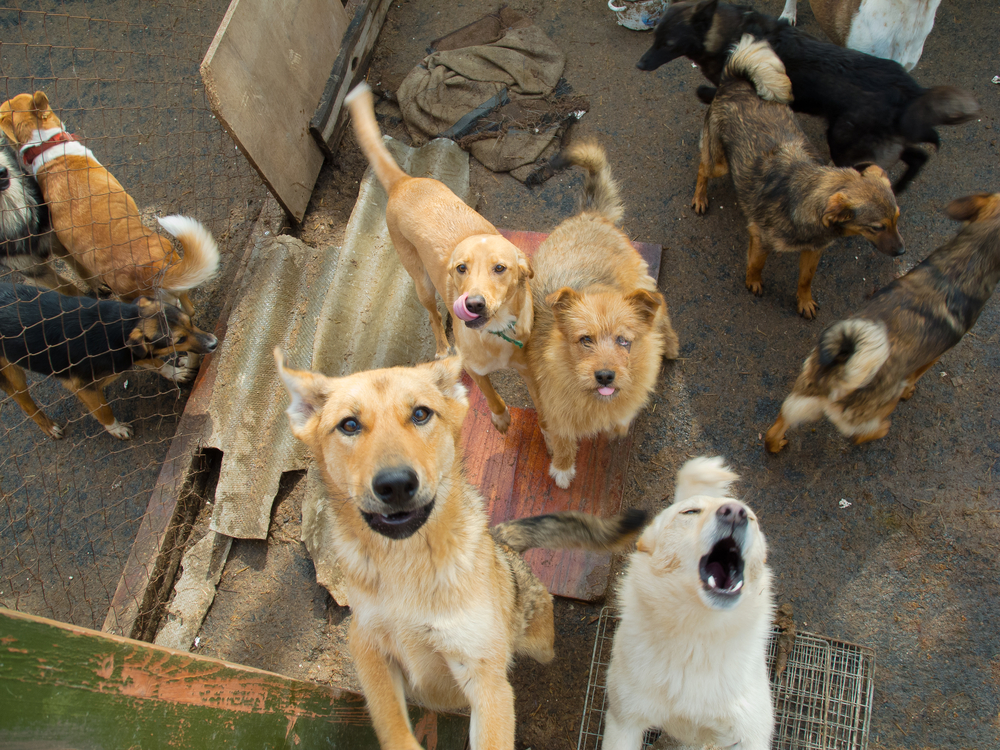
How Can I Help the Shelters Above?
Shelters and rescue groups always need help, and this help can come in different forms. Most rescues are run by volunteers, and many are crying out for additional help.
Check with local shelters to see if they need somebody to walk dogs, clear up cages, or need assistance with fundraising efforts. Alternatively, if you are in a position to be able to donate, choose a non-profit and donate your money.
Conclusion
Animal charities like shelters and rescues take in dogs, rehabilitate them, and help find them new homes. Above are 9 of the top dog rescue organizations in the U.S. but there are thousands more across the country. Check your local area to find those near you, especially if you are looking to volunteer.
Featured Image Credit: David Tadevosian, Shutterstock
Contents
- The 9 Top Dog Rescue Organizations
- 1. Northshore Animal League America
- 2. Best Friends
- 3. Maddie’s Fund
- 4. Grey Muzzle Organization
- 5. The Senior Dog Project
- 6. Rural Dog Rescue
- 7. AKC Rescue Network
- 8. Big Dog Ranch Rescue
- 9. Big Dogs Huge Paws
- Will a Shelter Take My Dog?
- Can I Rehome from Any Shelter?
- How Can I Help the Shelters Above?
- Conclusion

